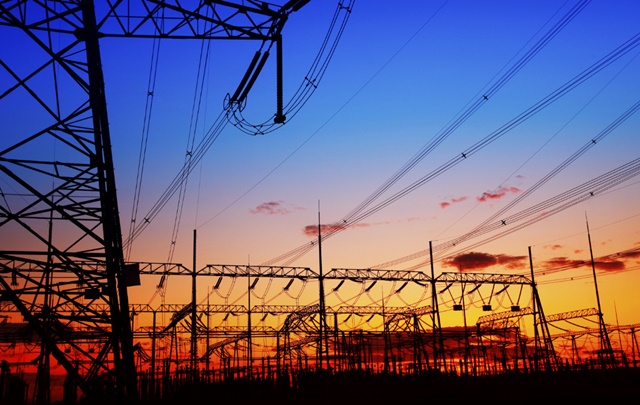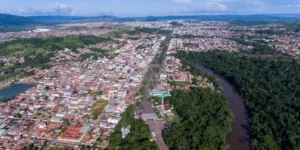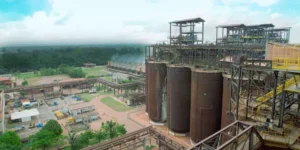Next month, Roraima will no longer be the only Brazilian state that doesn’t participate in the national integrated system, depending on oil-fired thermal plants and energy imports from neighboring Venezuela.
A 721-kilometer line would connect Boa Vista to Manaus, bringing the energy generated by the Tucuruí hydroelectric plant in Pará to the Roraima capital. This latter extension would connect to the larger line, recently inaugurated, from the plant, on the Tocantins River, to Macapá, to the east, and Manaus, to the west, both also removed from their isolation from the SIN.
The line was put out to tender in September 2011 and the concession contract, with the Transnorte consortium formed by Eletronorte and Alupar, was signed in January 2012, so that the work would start operating in January 2015. But not even the environmental license has been issued – and it may never be granted. After much controversy surrounding the line, the courts granted a request from the Federal Public Prosecutor’s Office to halt everything.
The reaction is due to the fact that 121 kilometers of the line will cut through the Waimiri-Tatroari reserve, which covers 2.6 million hectares and is home to 31 villages with 1,200 inhabitants. The Indians don’t want the project and those in favor of it support this position. The defenders of the line decided to change the original project, drawn up by the federal government itself.
Instead of being 500 meters from BR-174, the Manaus-Boa Vista highway, it would be only 40 meters away. It would thus be in the right-of-way of the highway itself, which would reduce its impact on the Indians and the environment to almost zero. But the proposal was not accepted.
According to today’s edition of the newspaper O Estado de S. Paulo, the consortium is willing to give up on the project and return the concession to the government, which is behind the initiative and is mainly responsible for its current impasse.








